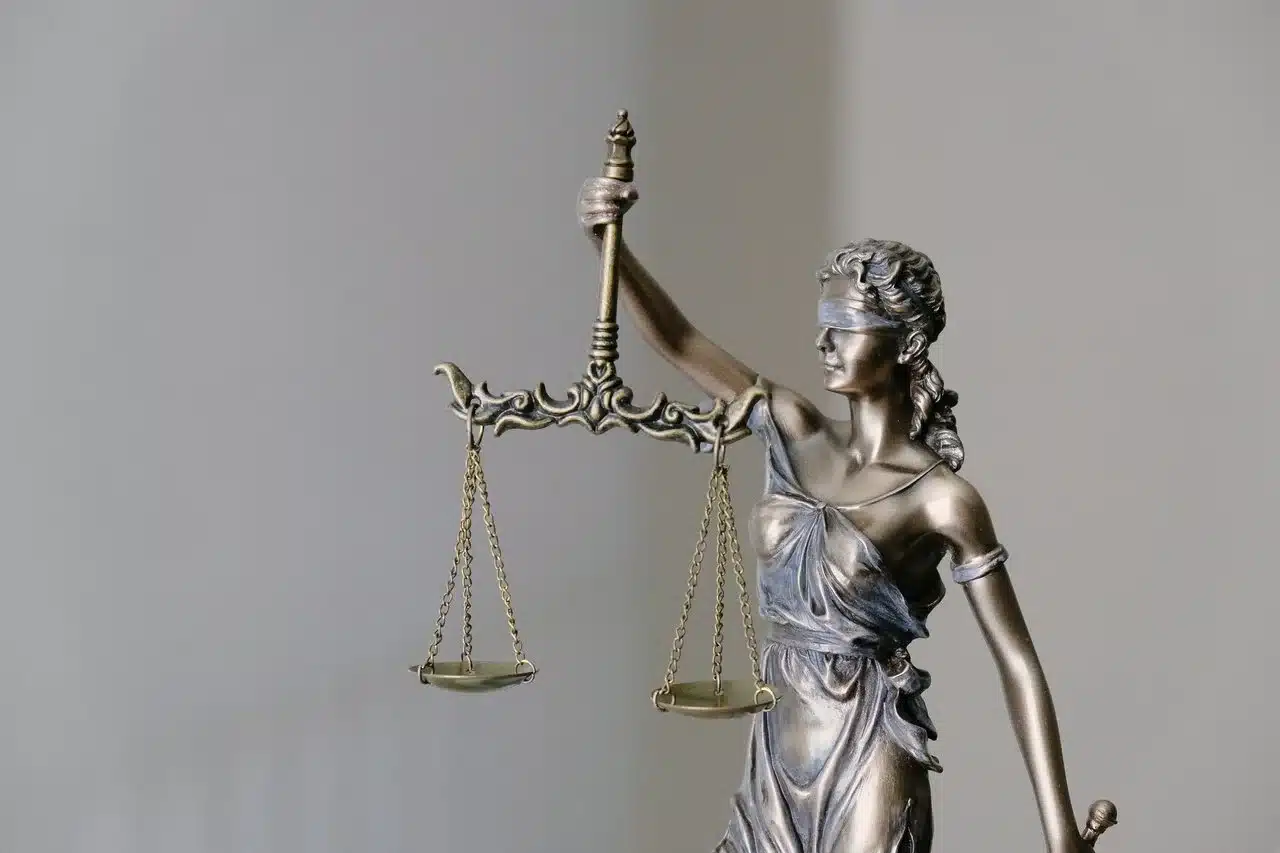How Negligence is Established in a Personal Injury Claim

When you’ve suffered injuries or damages due to someone else’s actions or omissions, proving negligence becomes a crucial aspect of your personal injury claim. Negligence is the foundation of most personal injury lawsuits, as it establishes the legal responsibility of the at-fault party for the harm caused. In Florida, as in other states, there are essential elements to consider when proving negligence in a personal injury lawsuit. Understanding these elements and their significance can strengthen your case and improve your chances of obtaining fair compensation. In this blog post, we will explore the key considerations involved in proving negligence in a Florida personal injury claim, providing valuable insights and practical tips to help you navigate the legal process successfully.
Duty of Care
To establish negligence, the first element to prove is that the defendant owed you a duty of care. Duty of care refers to the legal obligation to act reasonably and responsibly to avoid causing harm to others. For example, drivers have a duty to operate their vehicles safely, and property owners have a duty to maintain their premises in a reasonably safe condition. It is crucial to identify the specific duty owed in your case and demonstrate that the defendant breached that duty.
Breach of Duty
The next step in proving negligence is to establish that the defendant breached their duty of care. A breach of duty occurs when the defendant fails to meet the expected standard of care. This can involve actions they took or failed to take, such as driving recklessly, failing to maintain a property, or providing substandard medical treatment. To prove a breach of duty, you must demonstrate that the defendant’s actions or omissions fell below the accepted standard of care under the circumstances.
Causation
Causation is a critical element in proving negligence. You must establish a direct link between the defendant’s breach of duty and the injuries or damages you suffered. There are two types of causation to consider:
- Actual Cause: Also known as “but for” causation, it asks whether your injuries would not have occurred “but for” the defendant’s breach of duty. In other words, if the defendant had not acted negligently, would you still have suffered harm?
- Proximate Cause: Proximate cause examines whether the defendant’s actions were the legal cause of your injuries, meaning that they were reasonably foreseeable consequences of their negligence.
Damages
Finally, to succeed in a personal injury claim, you must prove that you suffered actual damages as a result of the defendant’s negligence. Damages can include medical expenses, lost wages, pain and suffering, property damage, and other losses caused by the incident. Providing evidence of your damages, such as medical records, bills, and expert testimony, strengthens your case and helps establish the extent of your losses.
Conclusion
Proving negligence is a critical component of a successful personal injury claim in Florida. By understanding the key considerations involved in establishing negligence, such as duty of care, breach of duty, causation, and damages, you can build a strong case to support your claim for compensation. However, navigating the legal process can be complex, and seeking the guidance of an experienced personal injury attorney is essential to protect your rights and advocate for your interests. An attorney can help gather evidence, assess the strength of your case, negotiate with insurance companies, and represent your best interests in court if necessary. Remember, proving negligence requires a comprehensive understanding of the legal principles and the ability to present a compelling case. With the right support and representation, you can pursue justice and secure the compensation you deserve for your injuries and losses.
